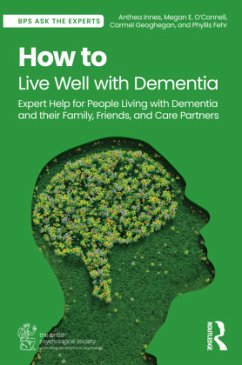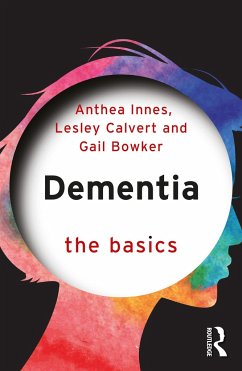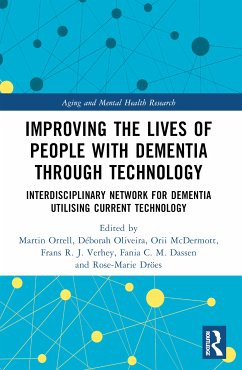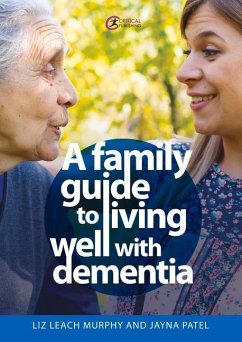
How to Live Well with Dementia
Expert Help for People Living with Dementia and their Family, Friends, and Care Partners
Versandkostenfrei!
Versandfertig in 1-2 Wochen
29,99 €
inkl. MwSt.
Weitere Ausgaben:

PAYBACK Punkte
15 °P sammeln!
How to Live Well with Dementia: Expert Help for People Living with Dementia and their Family, Friends, and Carer Partners provides an array of essential guidance about the different aspects of dementia for all whose lives are touched by dementia, including people living with dementia as well as their support network.













